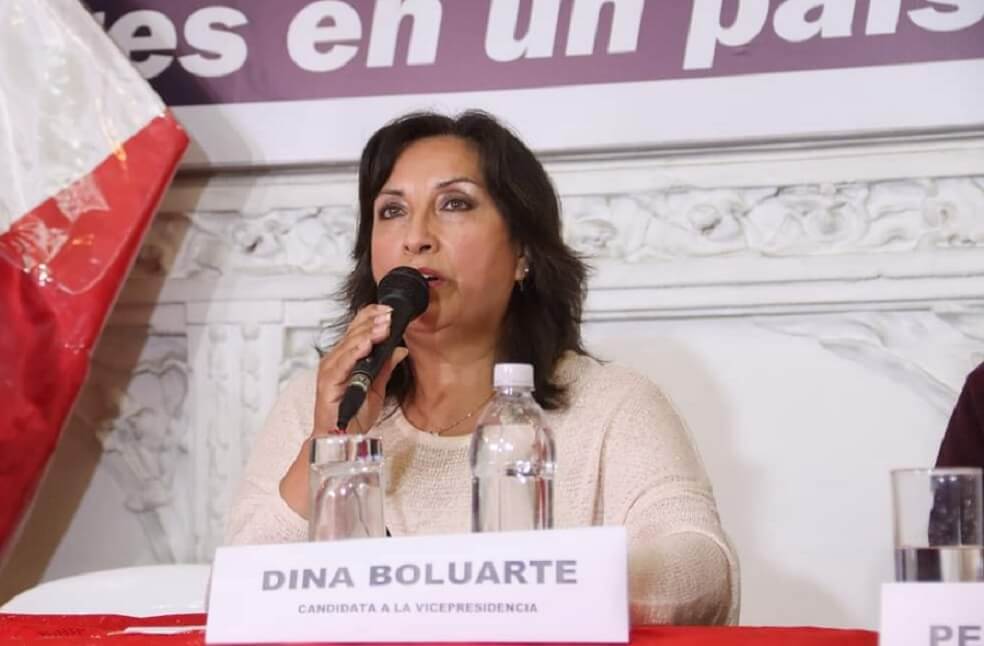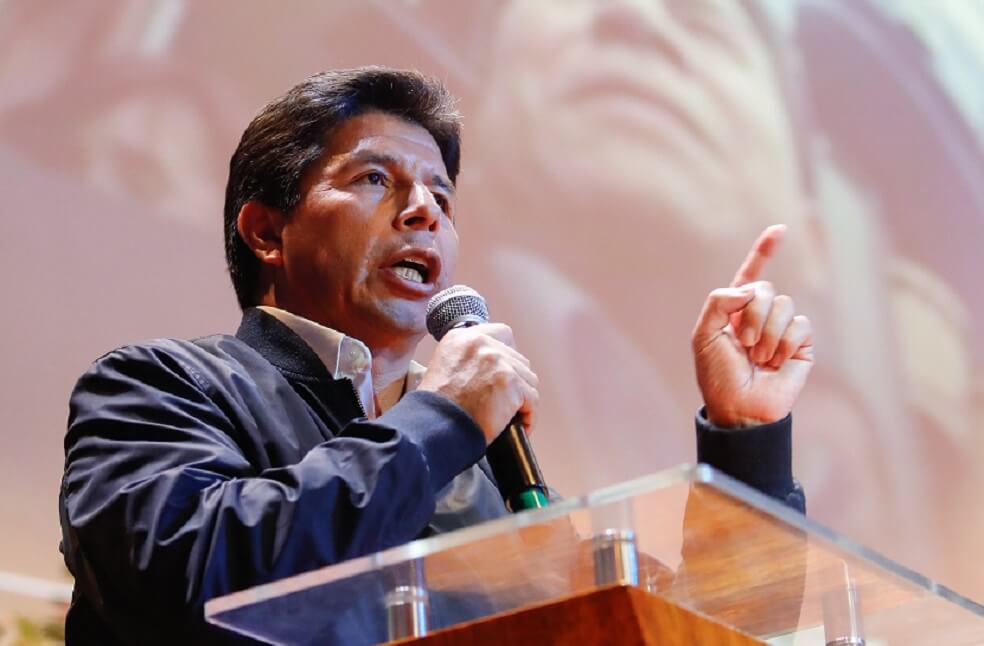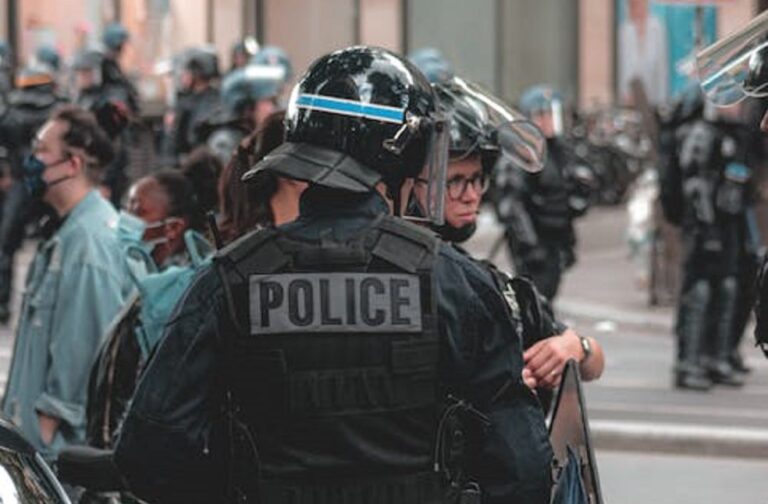Peru: Amnesty International has accused Peru of using “excessive and lethal force” driven by “marked racist bias” against a largely indigenous and campesino population, following an investigation into more than two months of anti-government protests that have claimed at least 60 lives.
An Amnesty International fact-finding mission investigated 46 possible cases of human rights violations and documented 12 cases of deaths from the use of firearms, in which all the victims appeared to have been shot in the chest, torso, or head, following visits to the capital Lima and the southern cities of Chincheros, Ayacucho, and Andahuaylas.

Ms. Erika Guevara-Rosas, the organisation’s Americas Director, remarked that the Peruvian authorities had permitted the “excessive and lethal use of force” to be the government’s only response towards the protests of thousands of communities who demand dignity and a political system that guarantees their human rights.
“The grave human rights crisis facing Peru has been fueled by stigmatisation, criminalisation and racism against Indigenous peoples and campesino communities who today take to the streets exercising their rights to freedom of expression and peaceful assembly, and in response have been violently punished,” the Director added.

The political strife and violence in Peru began in early December 2022, when former President Mr. Pedro Castillo was accused of staging a coup after attempting to dissolve congress and rule by decree. Mr. Castiollo was arrested, and Ms. Dina Boluarte became the new president. The supporters of Castillo have called for Ms. Boluarte’s resignation and early elections amid mounting deaths. The new president has refused to resign, while the country’s Congress has rejected bills to announce elections.
Amnesty International’s delegation stated that it presented evidence of excesses by the security forces to Boluarte in a meeting.
“The investigation found evidence of “marked racist bias” targeting historically marginalised populations as the number of arbitrary deaths was disproportionately concentrated in largely Indigenous regions,” the organisation further added.



